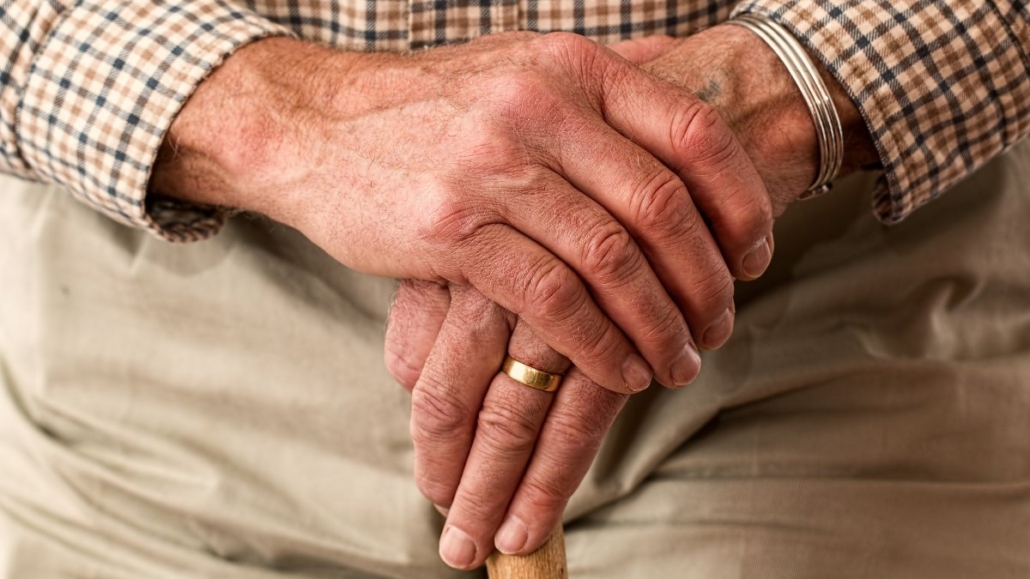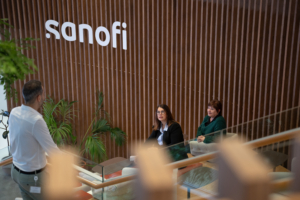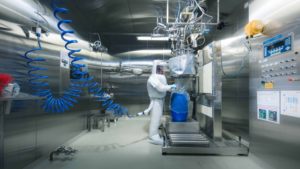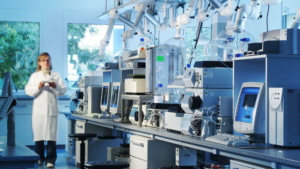
Longevity: Healthy ageing
Italian, Swedish, and German researchers have started recruitment for a systematic investigation into the factors affecting longevity.
In a pilot study, the group headed by Salvatore Di Somma (University of Rome), Olle Mellander (Lund University), and the German diagnostics company Sphingotec (Berlin) found that centenarians compensated for age-related organ wear by an exceptional good perfusion – shown by significantly lower bio-adrenomedullin (bio-ADM) blood levels than expected (see European Biotechnology, Autumn 2016). If low bio-ADM levels and a good microcirculation prove to be indicators for a good quality of life in further studies, it will be possible for the first time to systematically investigate the factors affecting longevity, says Andreas Bergmann, founder of Sphingotec and developer of the bio-ADM assay.
In the recently launched main study, comprising 45,000 people, the researchers will bring participants of the MDCS cohort with high adrenomedullin levels to the Cilento, a Italian region with a high density of very old people (298 persons > 90 years of age per 10,000 inhabitants) to investigate whether their adrenomedullin levels normalise in the new environment. If yes, they will go further and determine the trigger factors for the change. Adrenomedullin is the first-to-be marker for human longevity. The 17 municipalities of the Cilento investigated in the pilot study have a higher density of very old people than Ogimi village (228 persons > 90 years per 10,000 inhabitants), a region in the province of Okinawa, Japan, and centenarian hotspot.


 ©FabienMalot
©FabienMalot Lonza Group
Lonza Group Vetter Pharma
Vetter Pharma